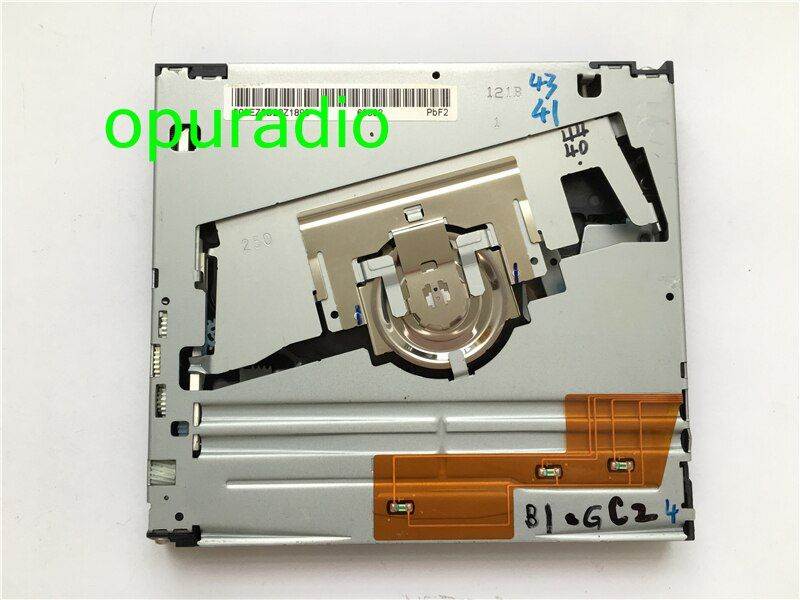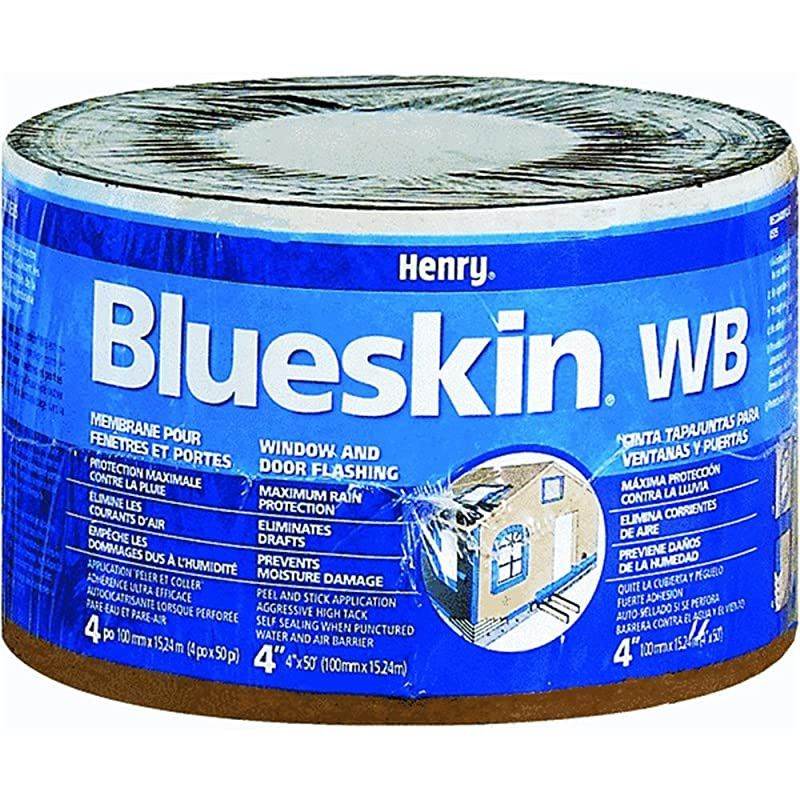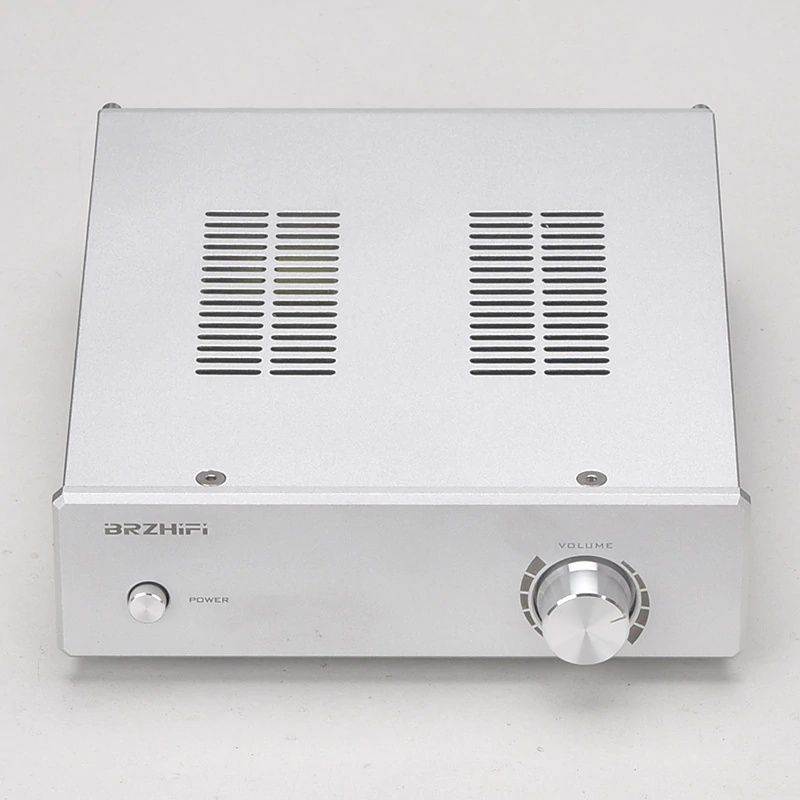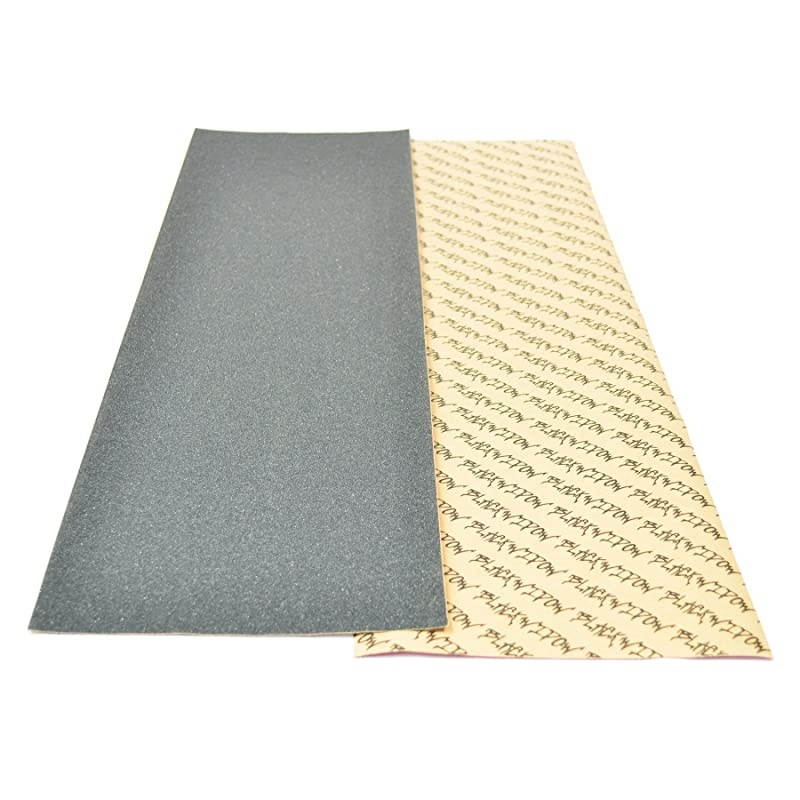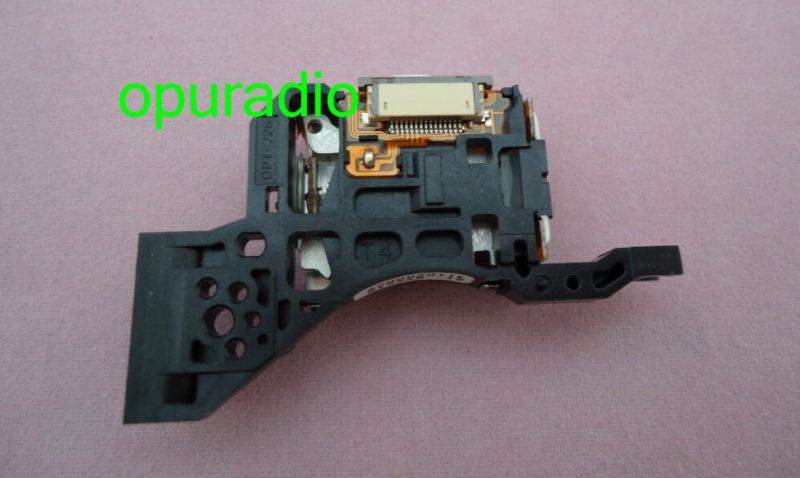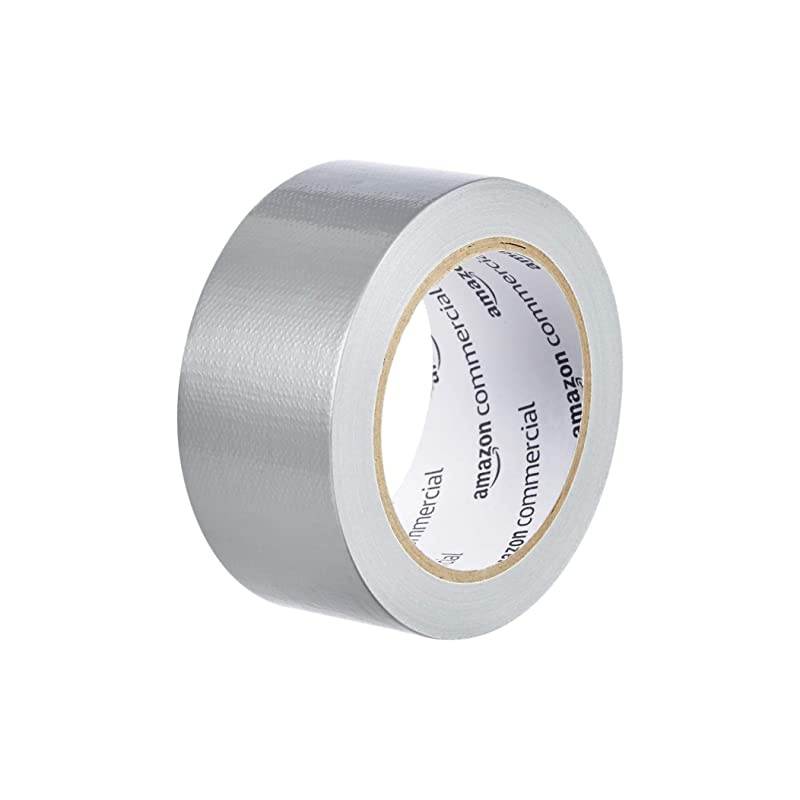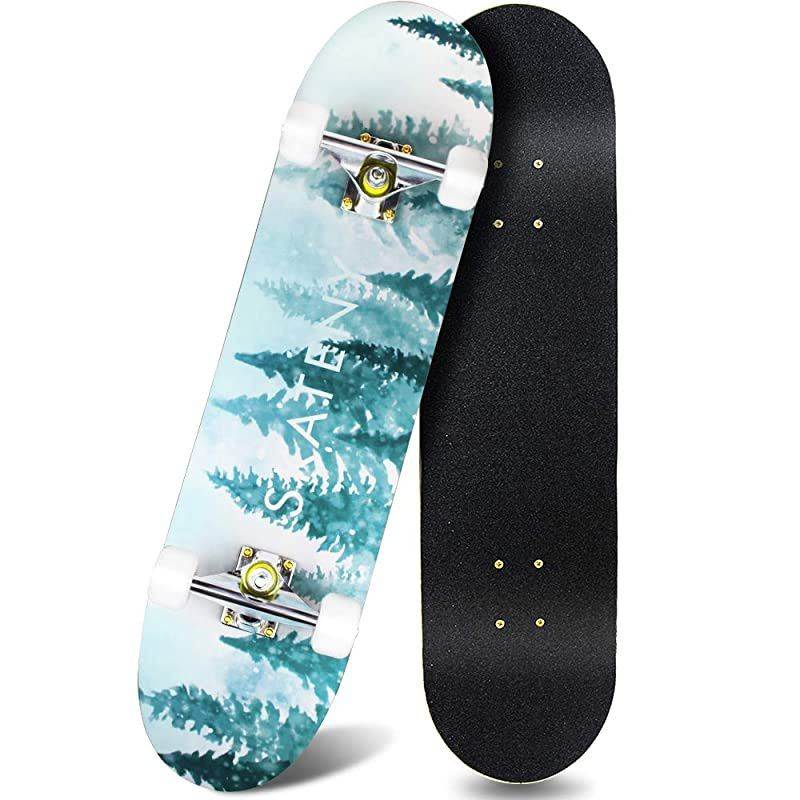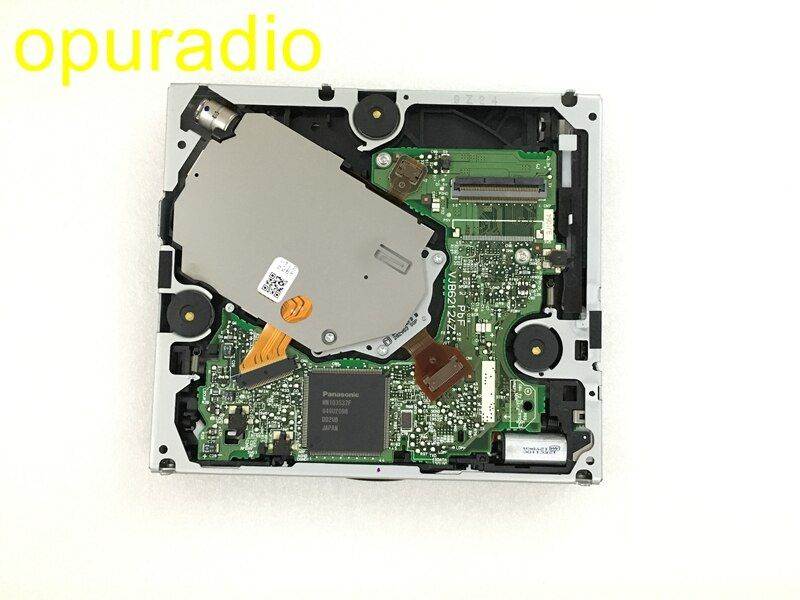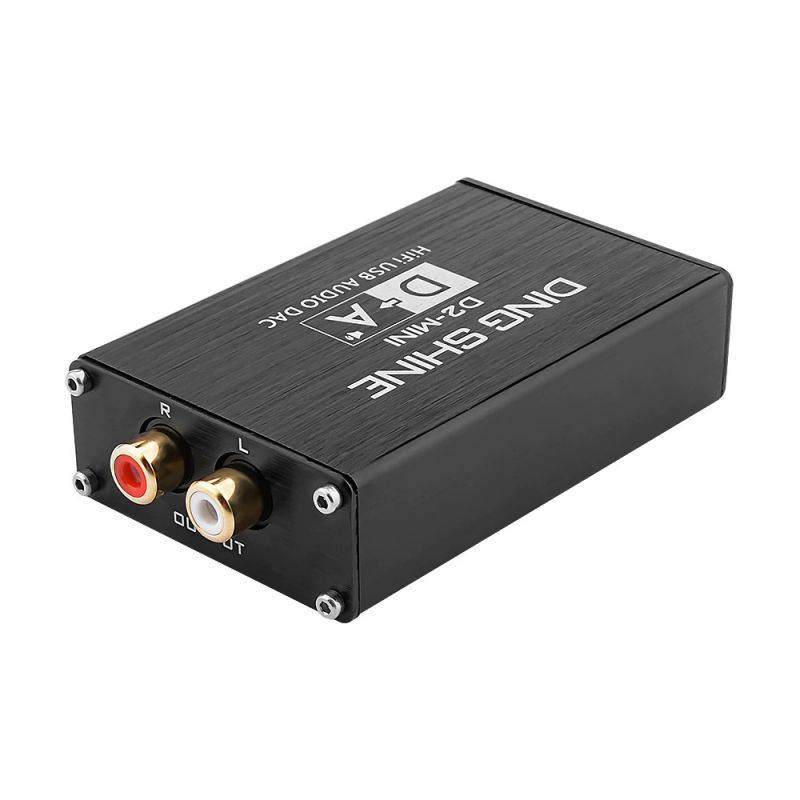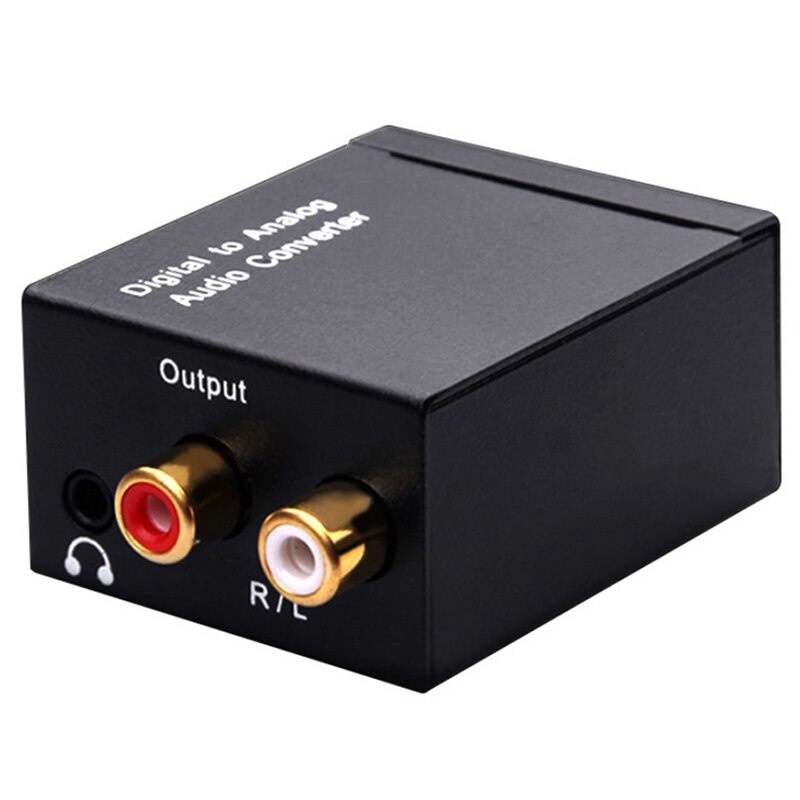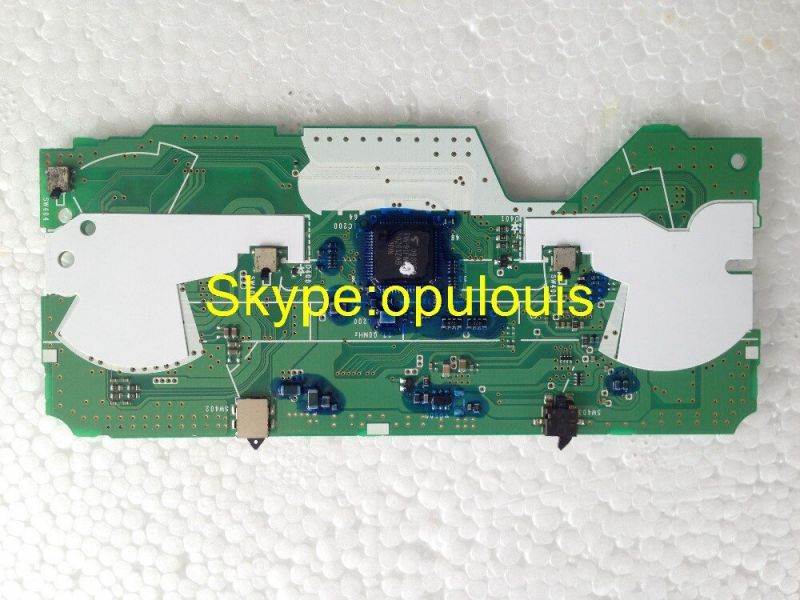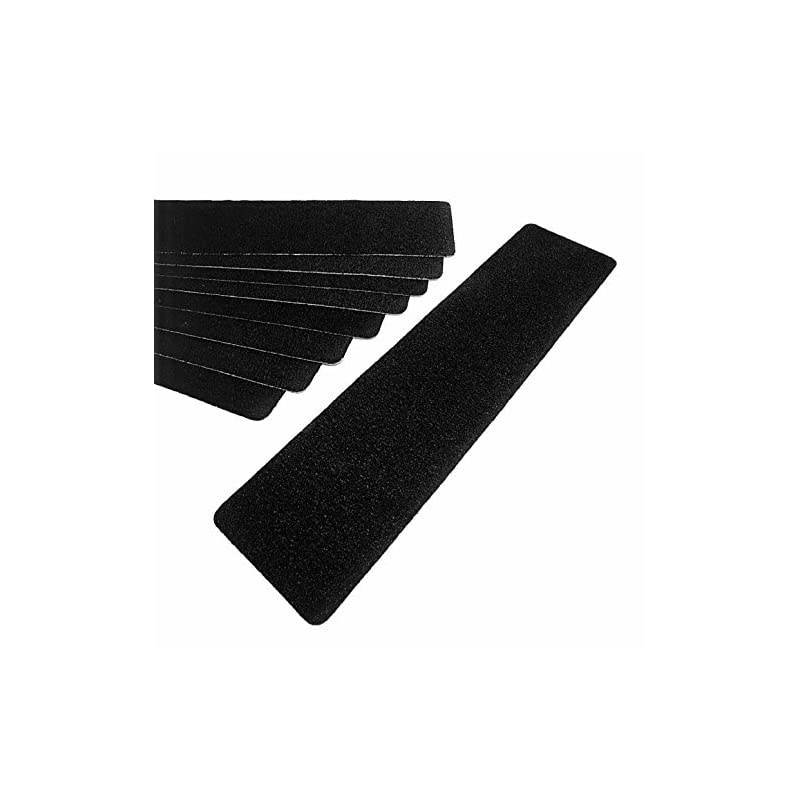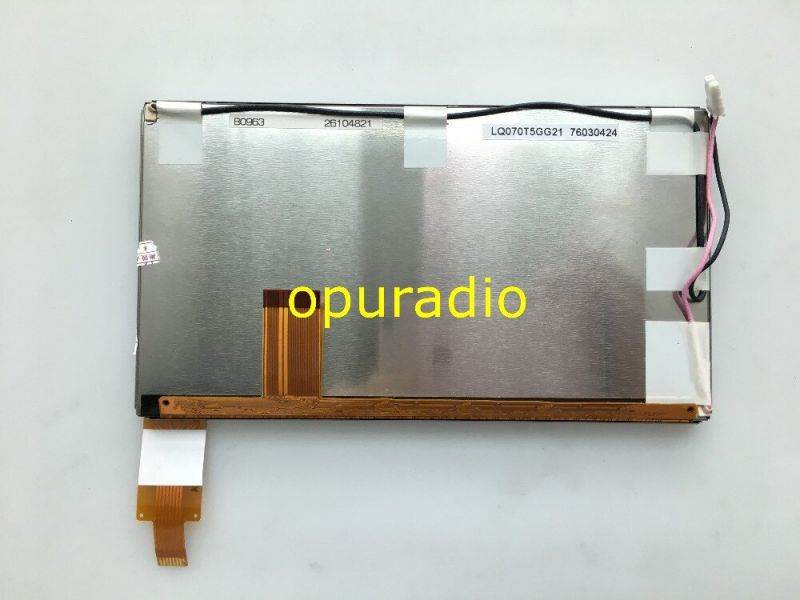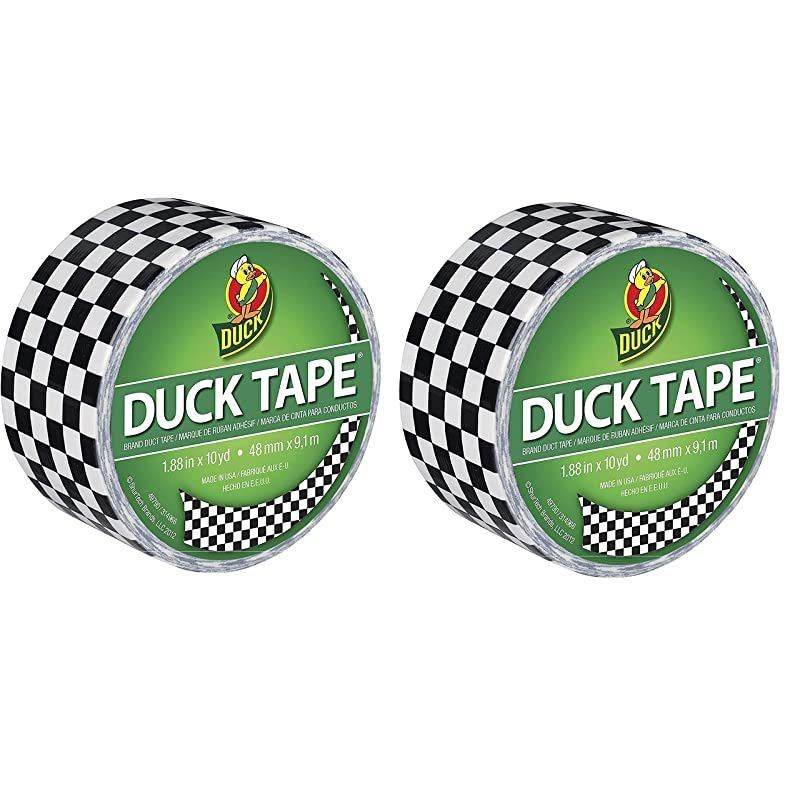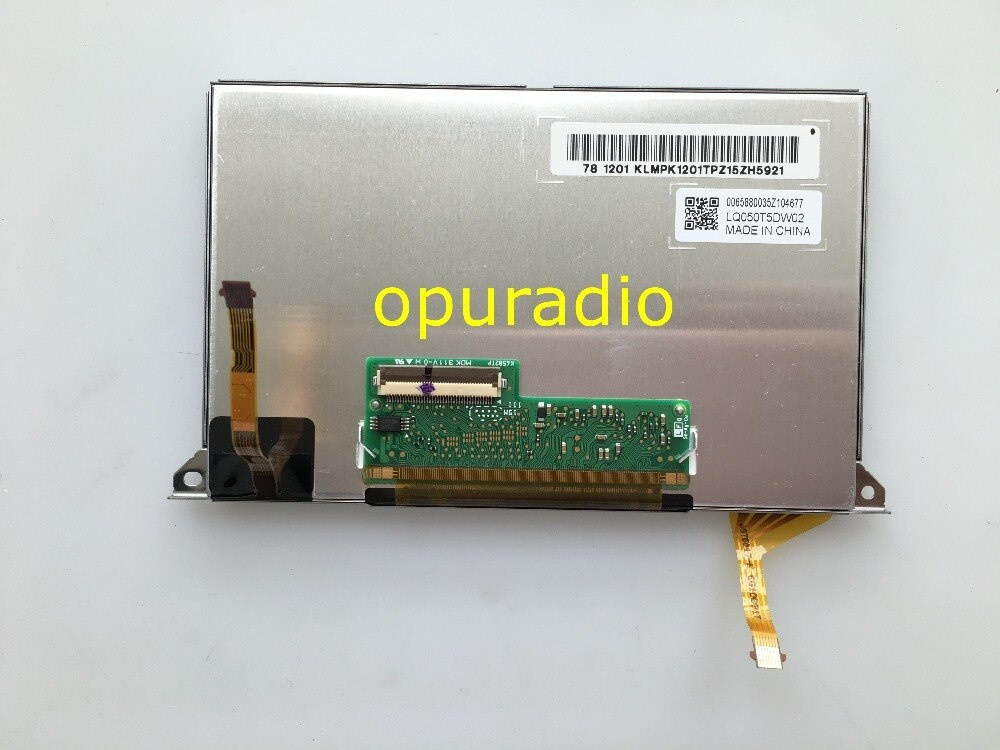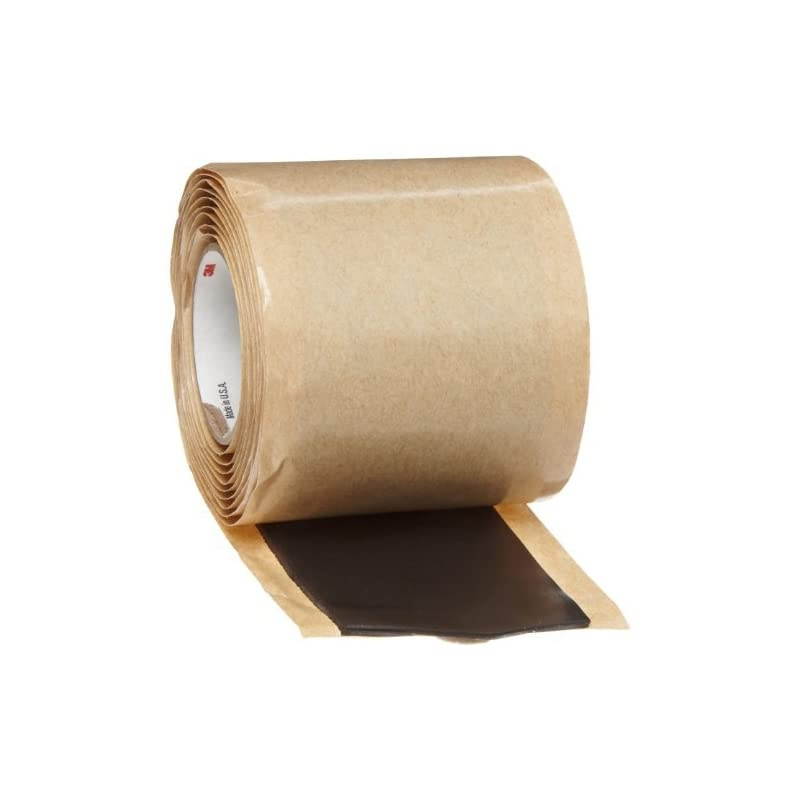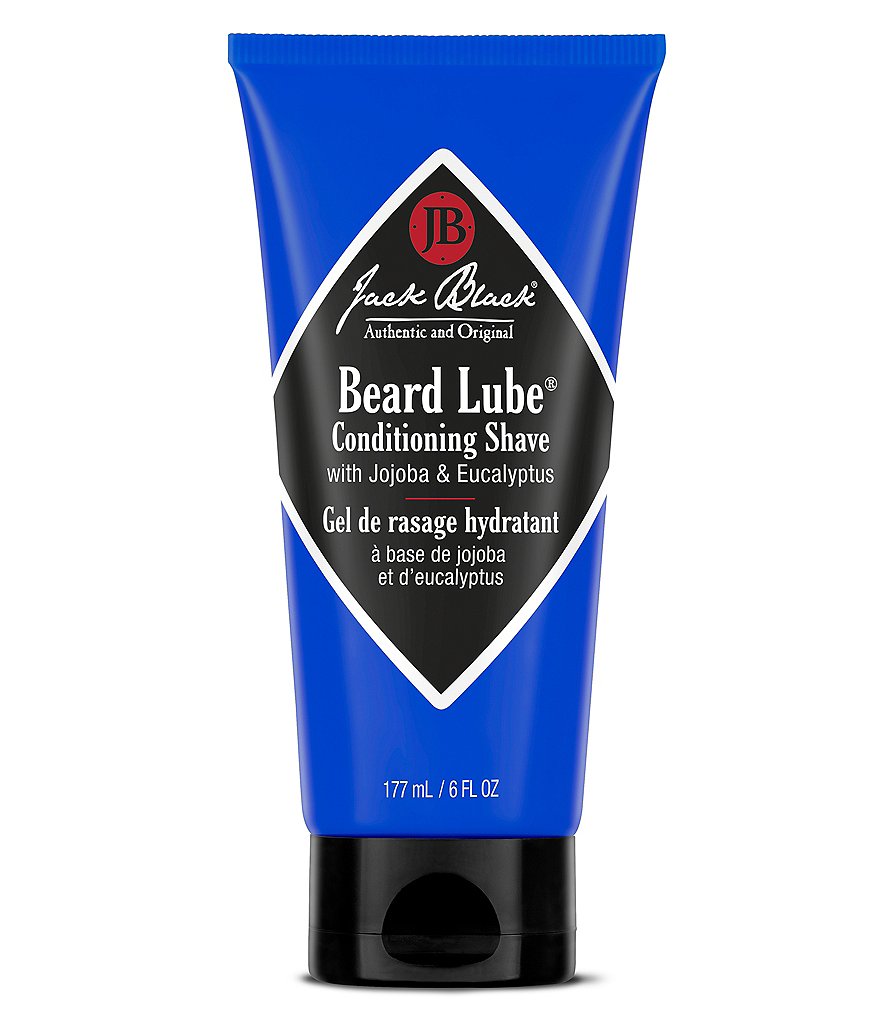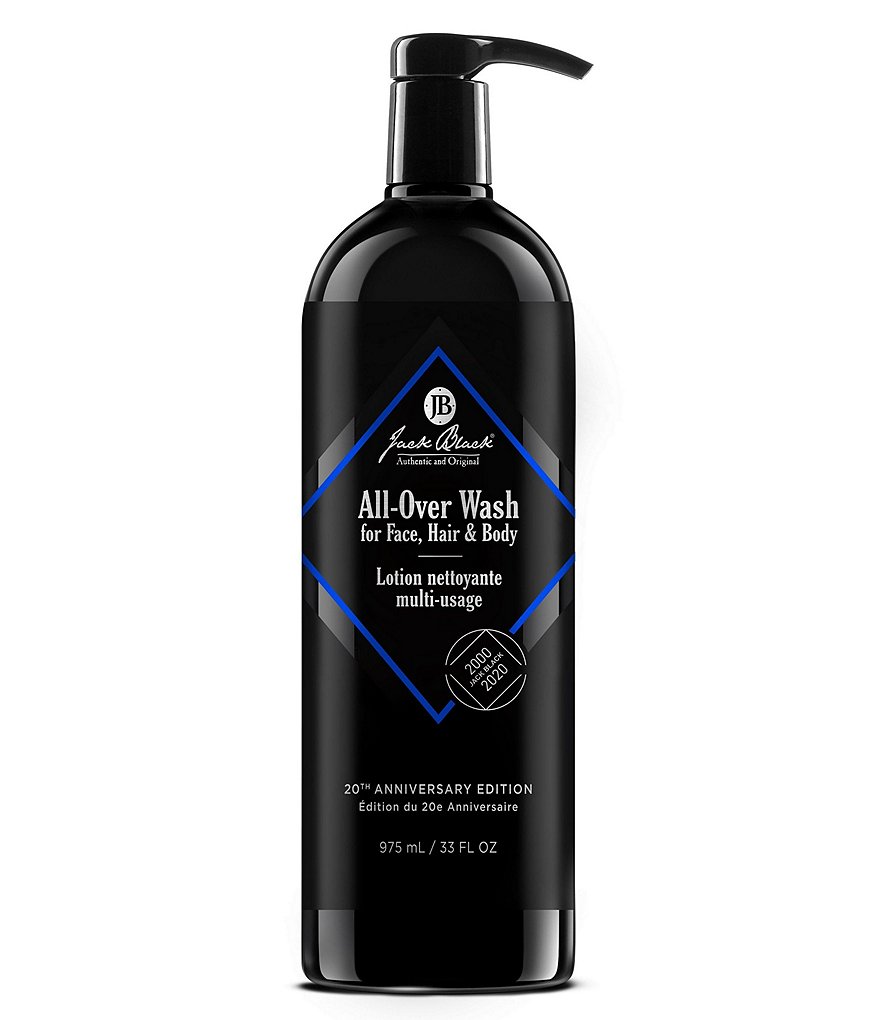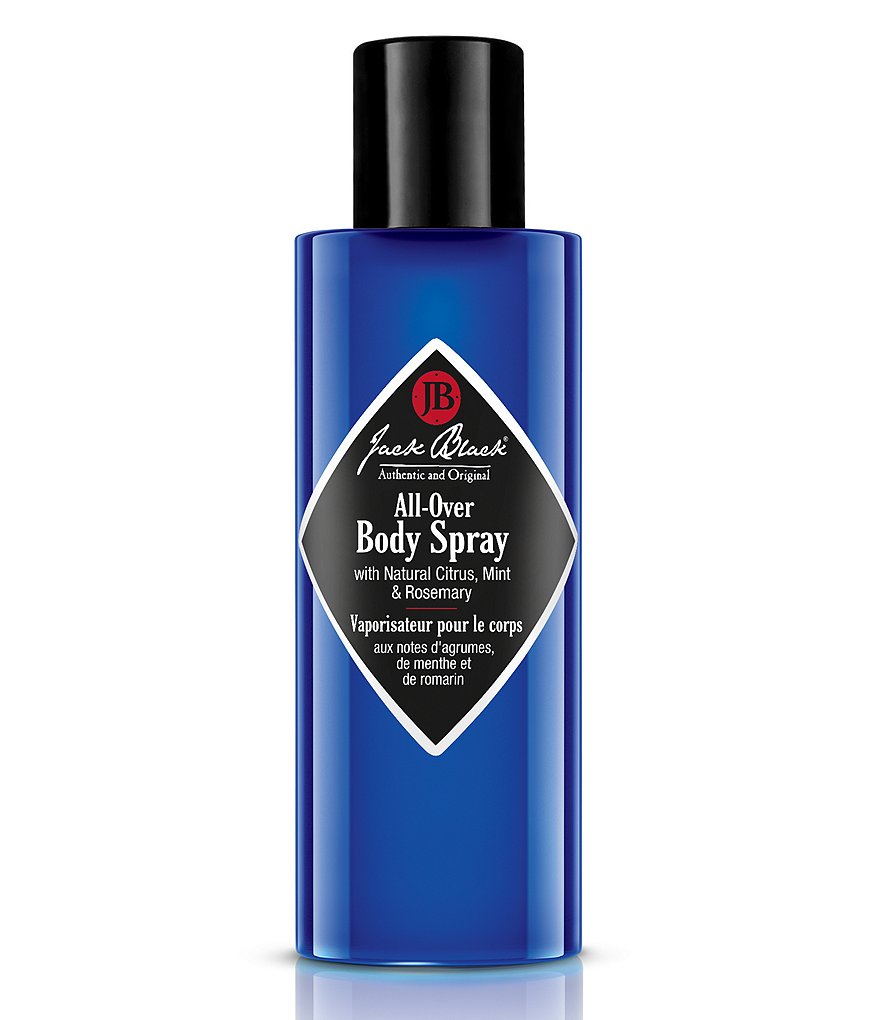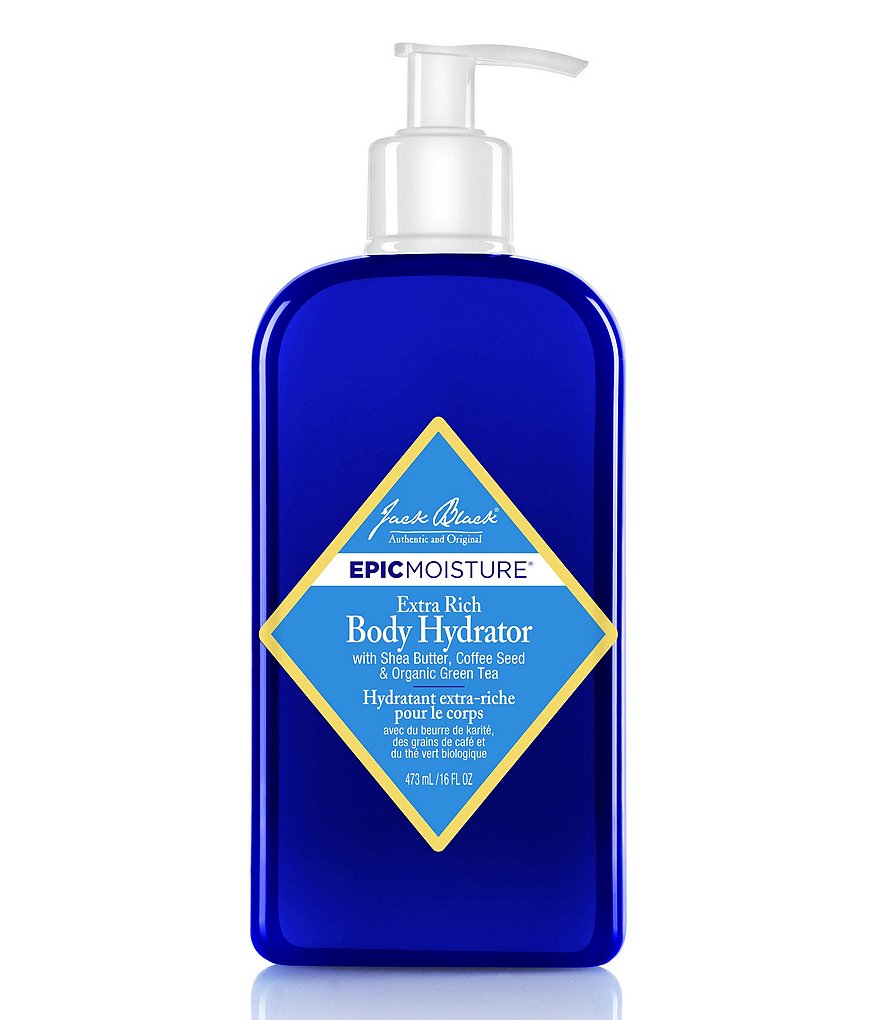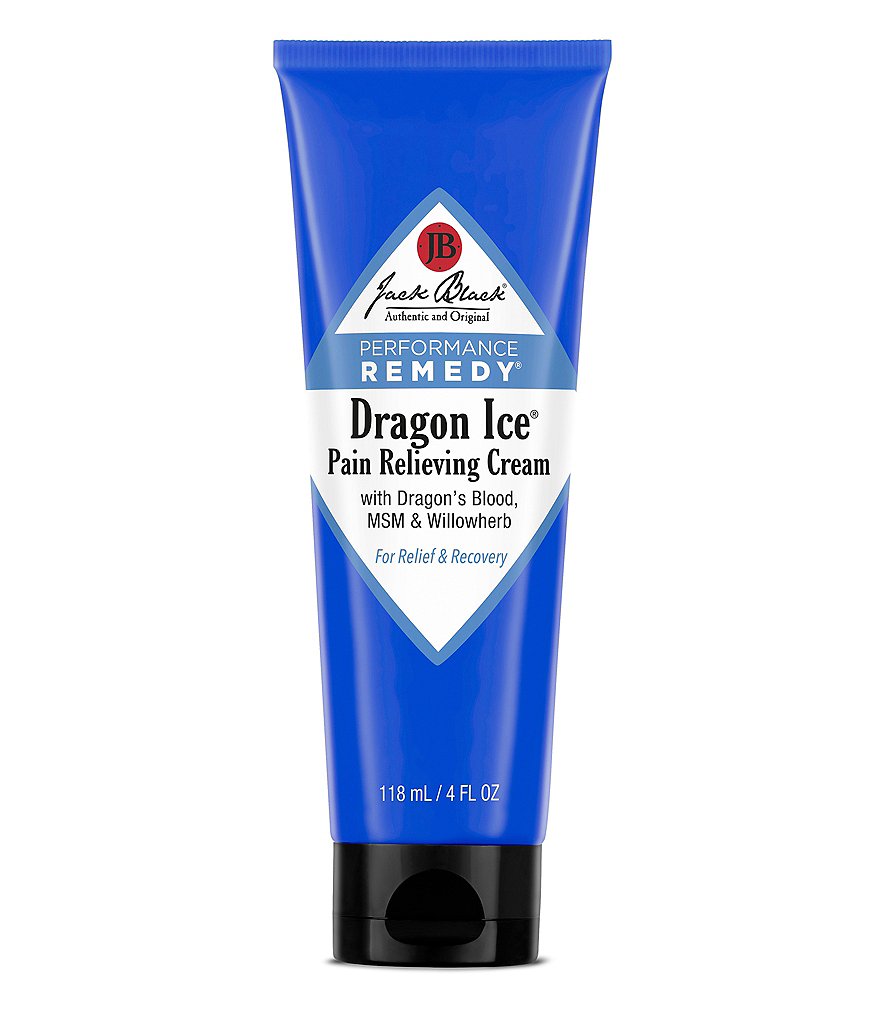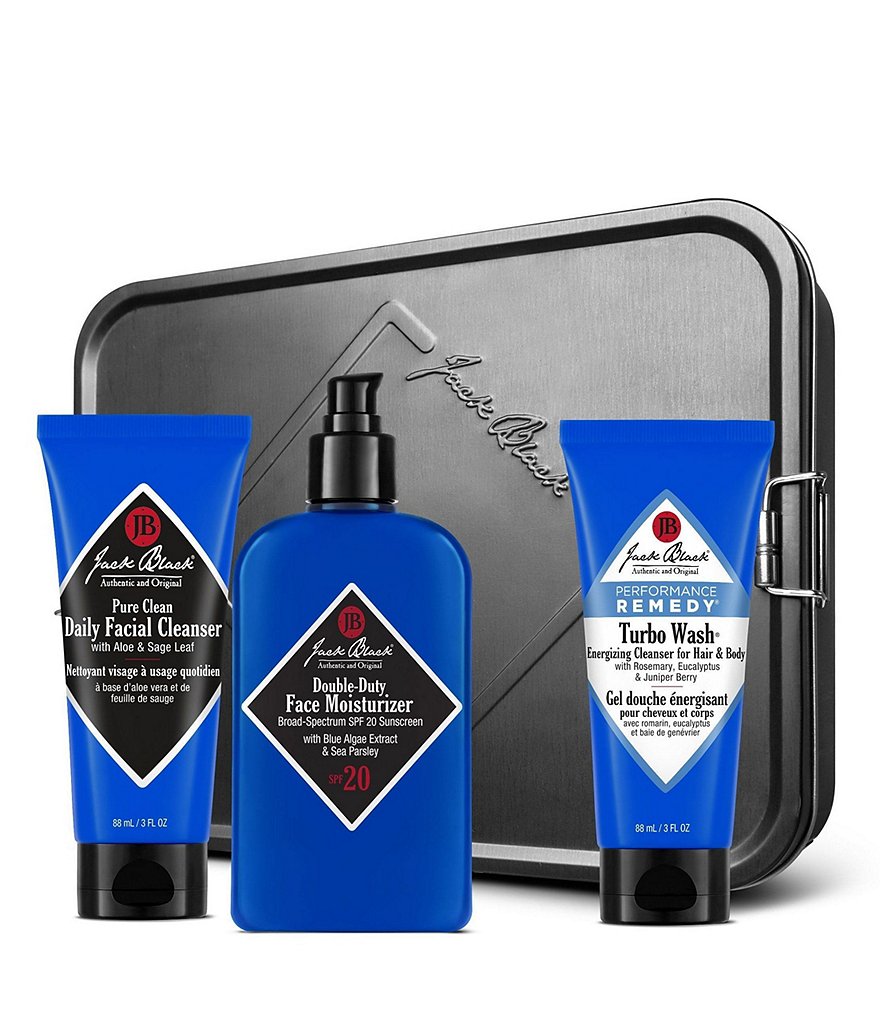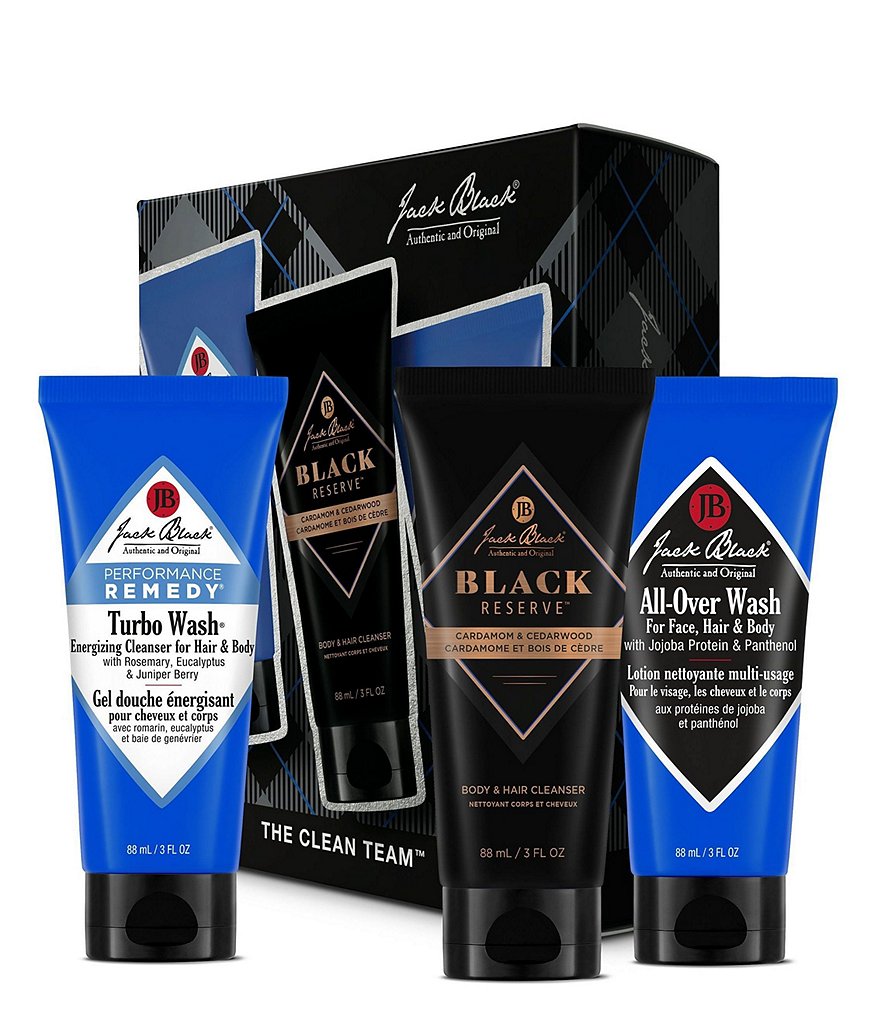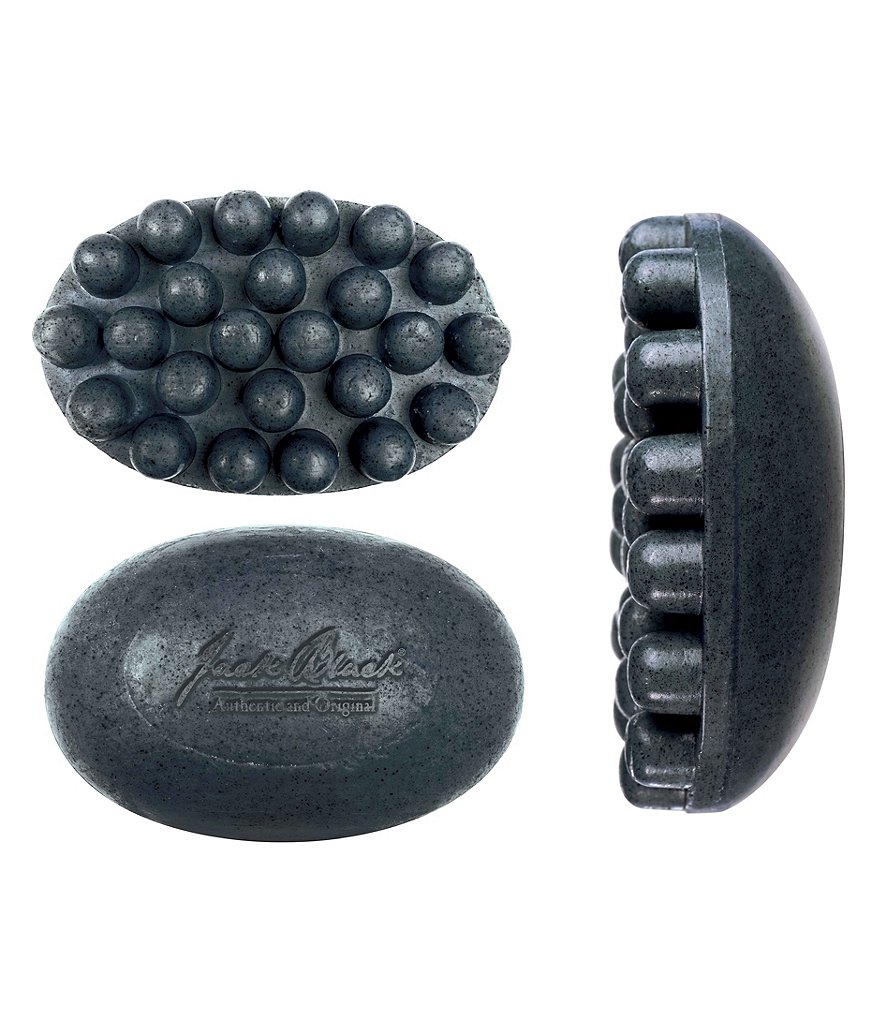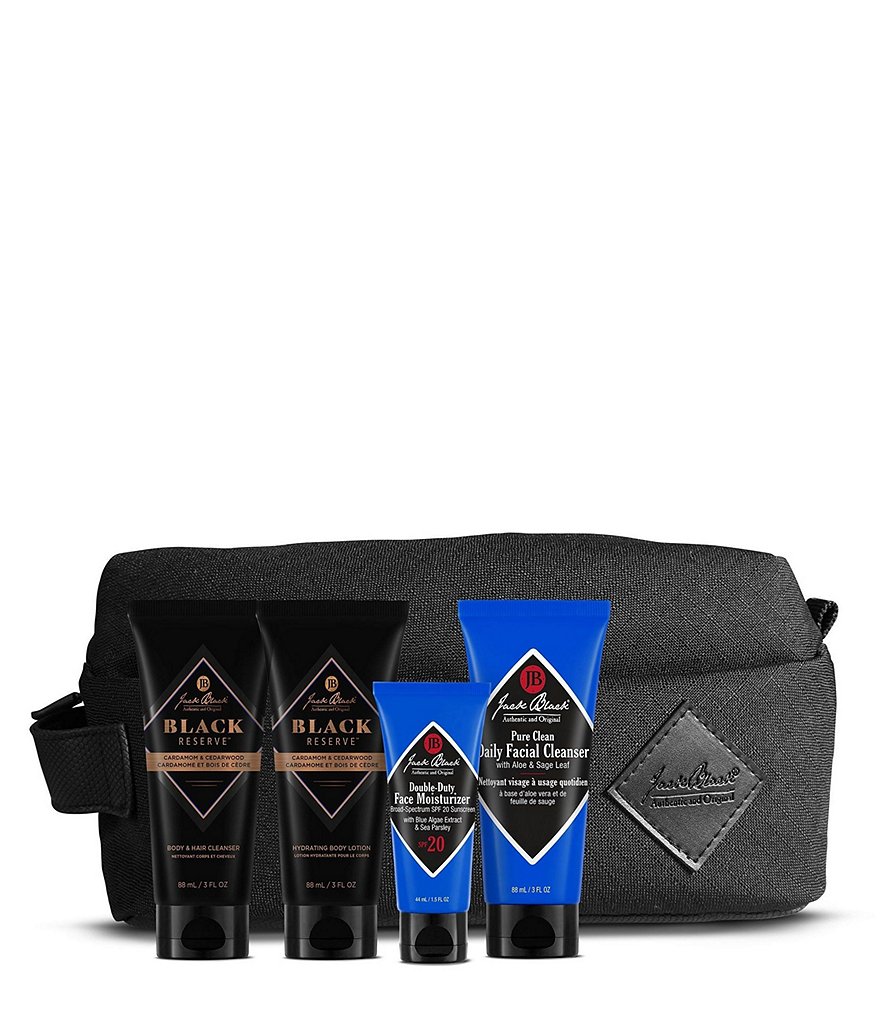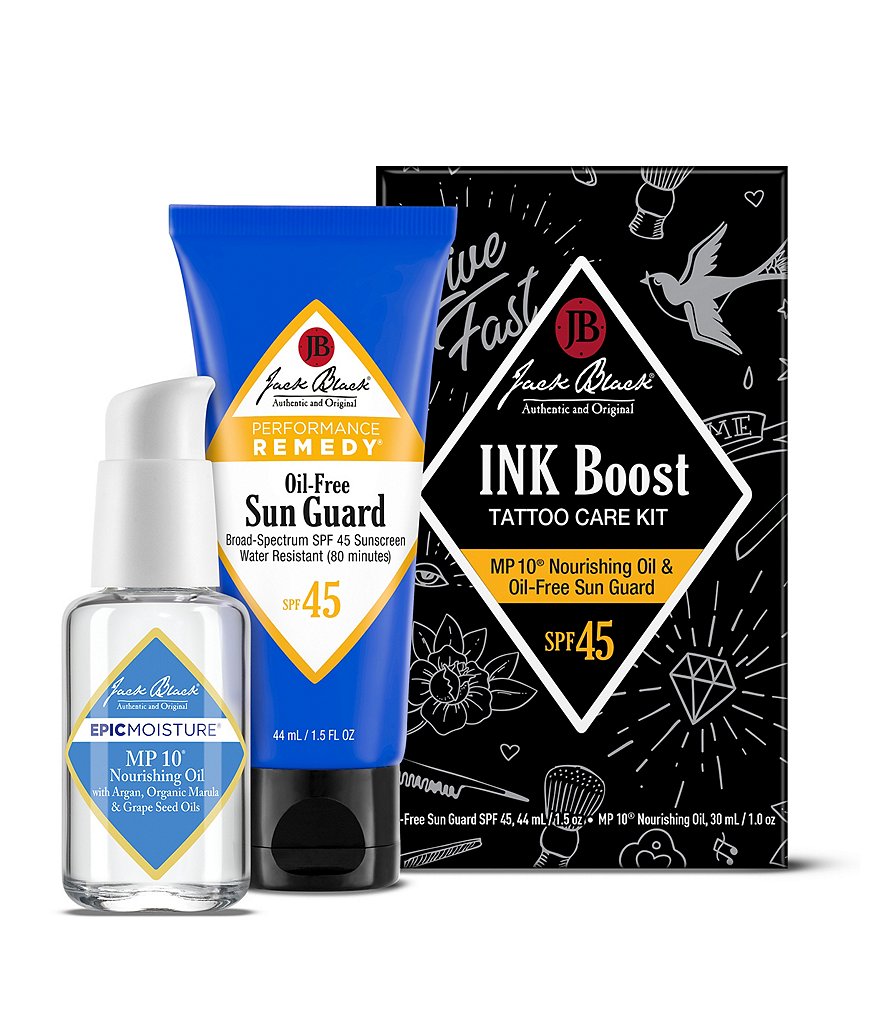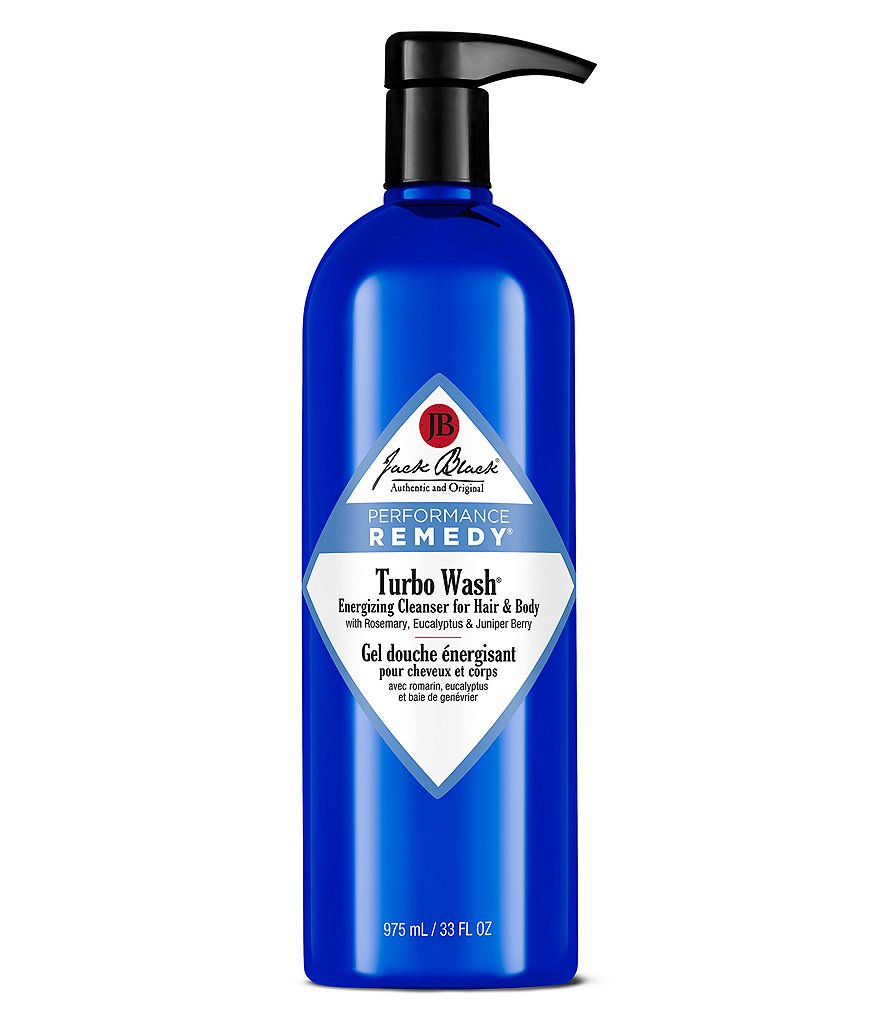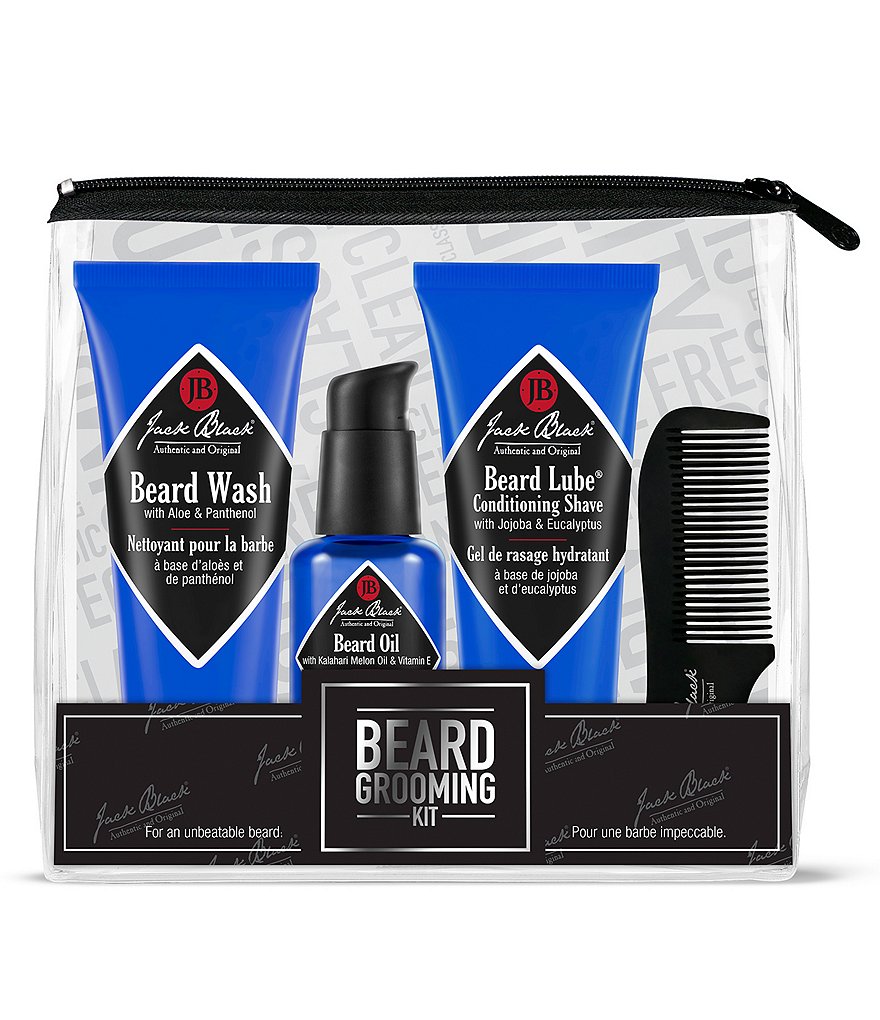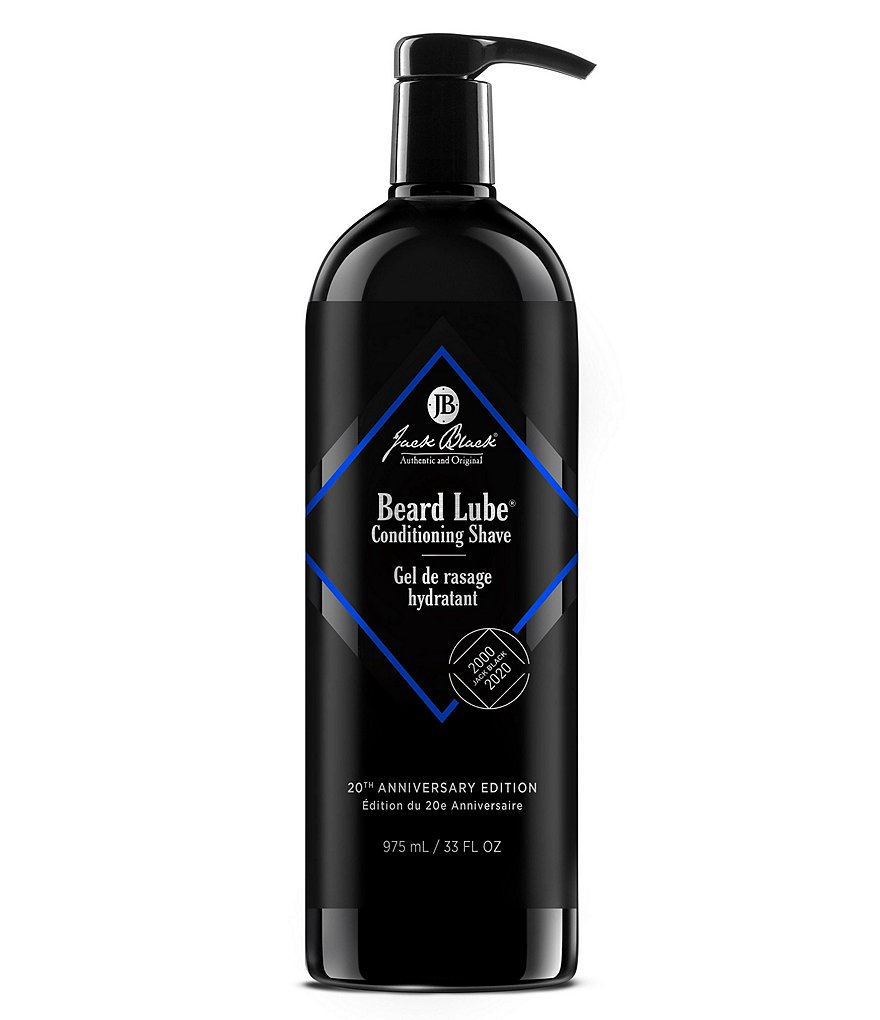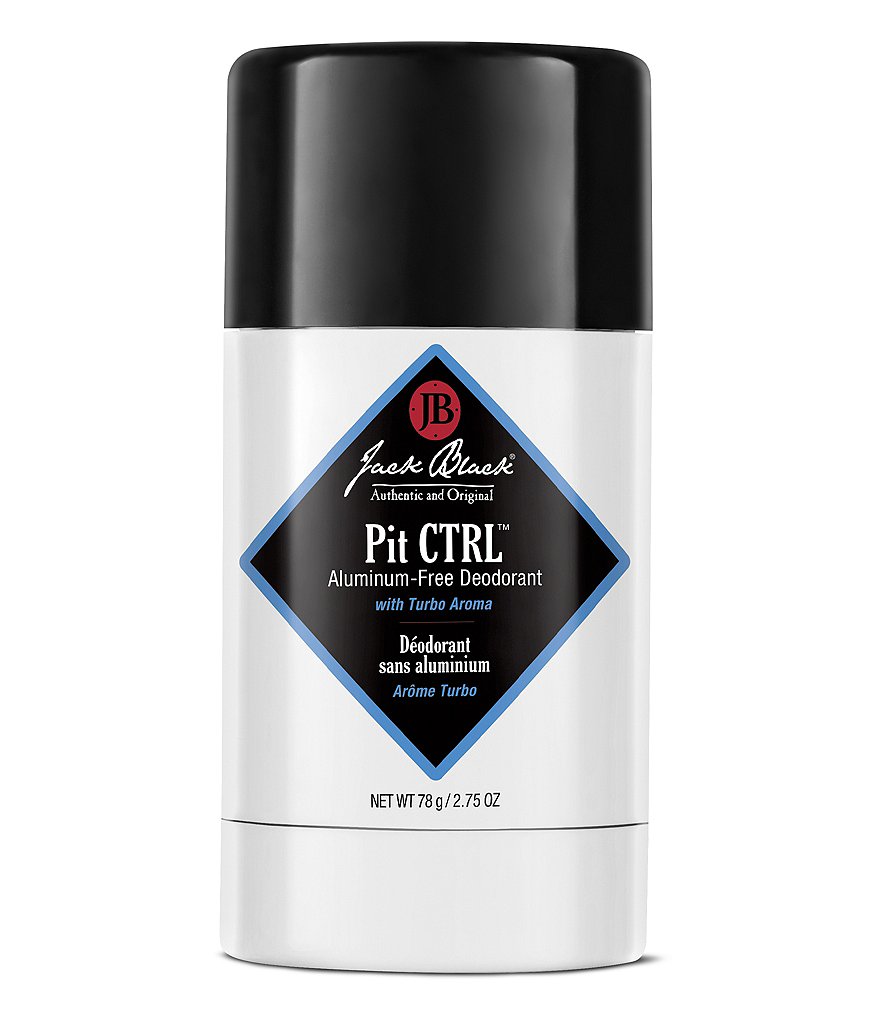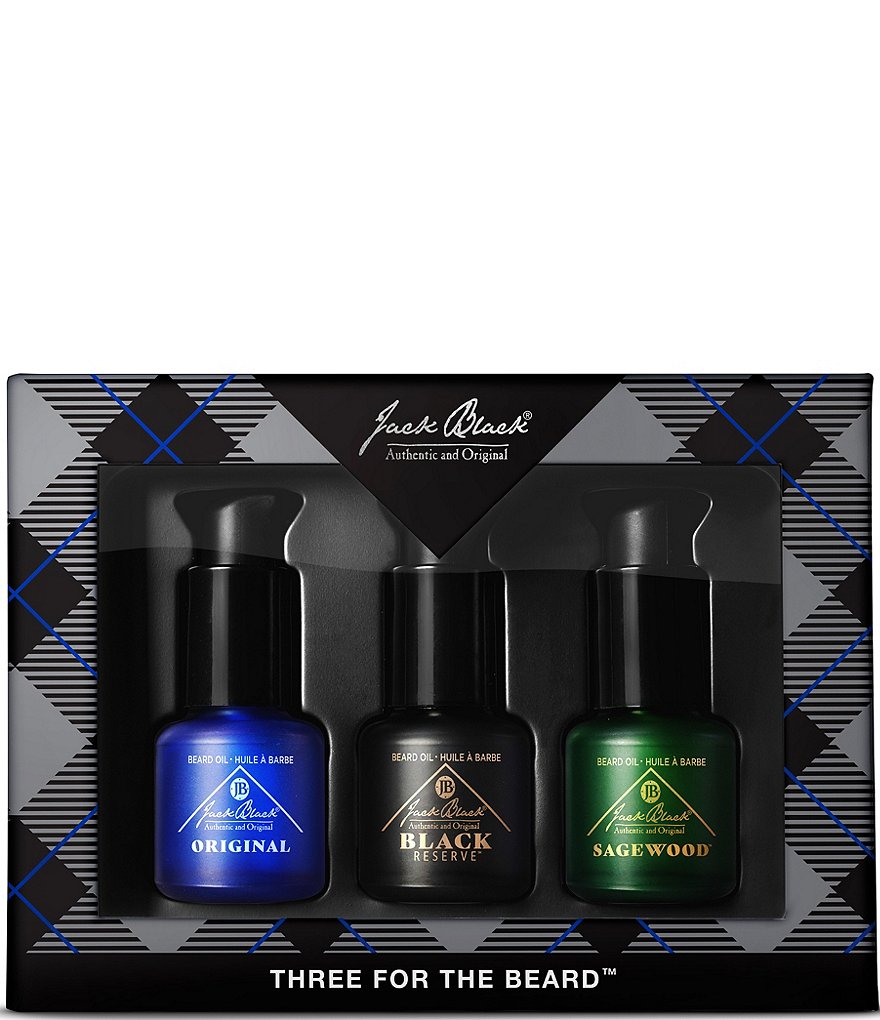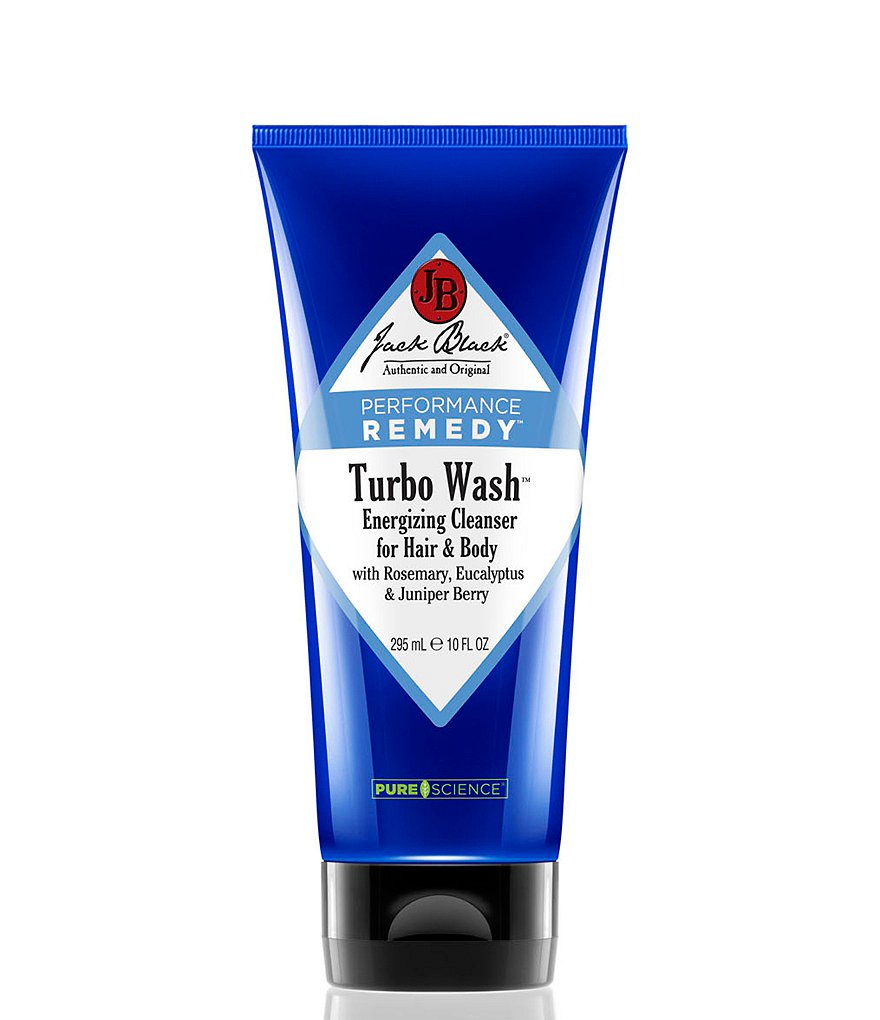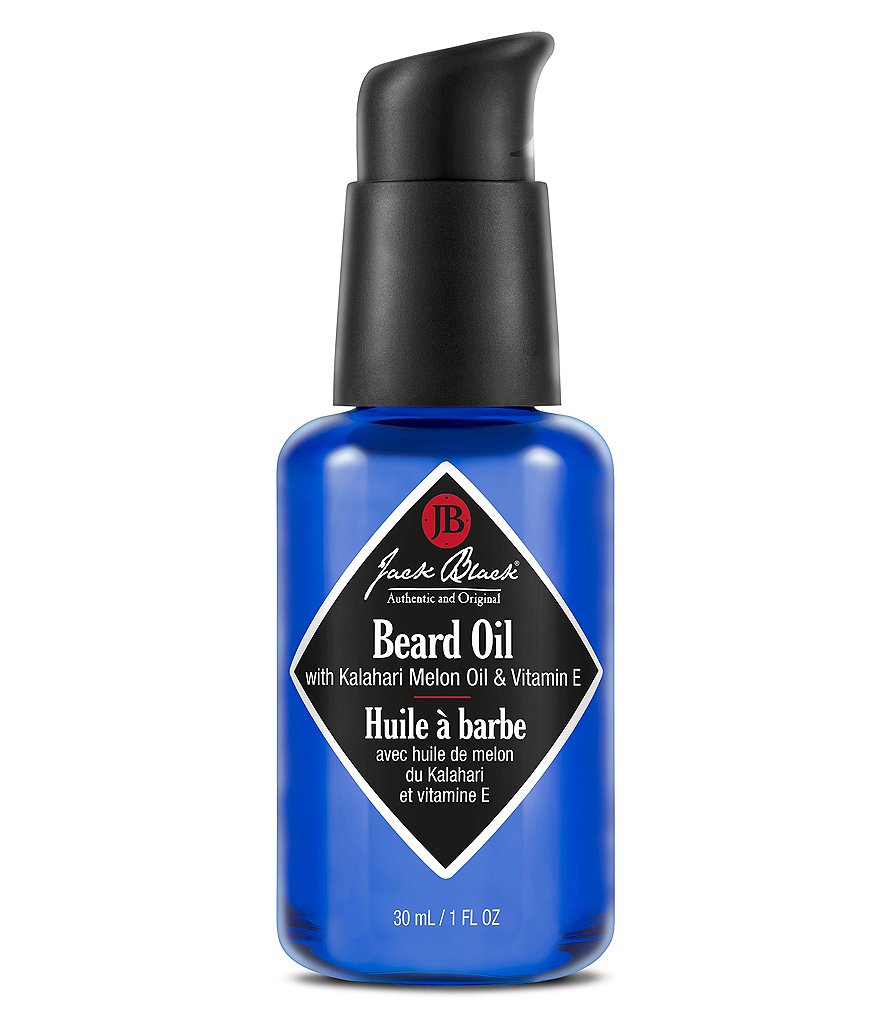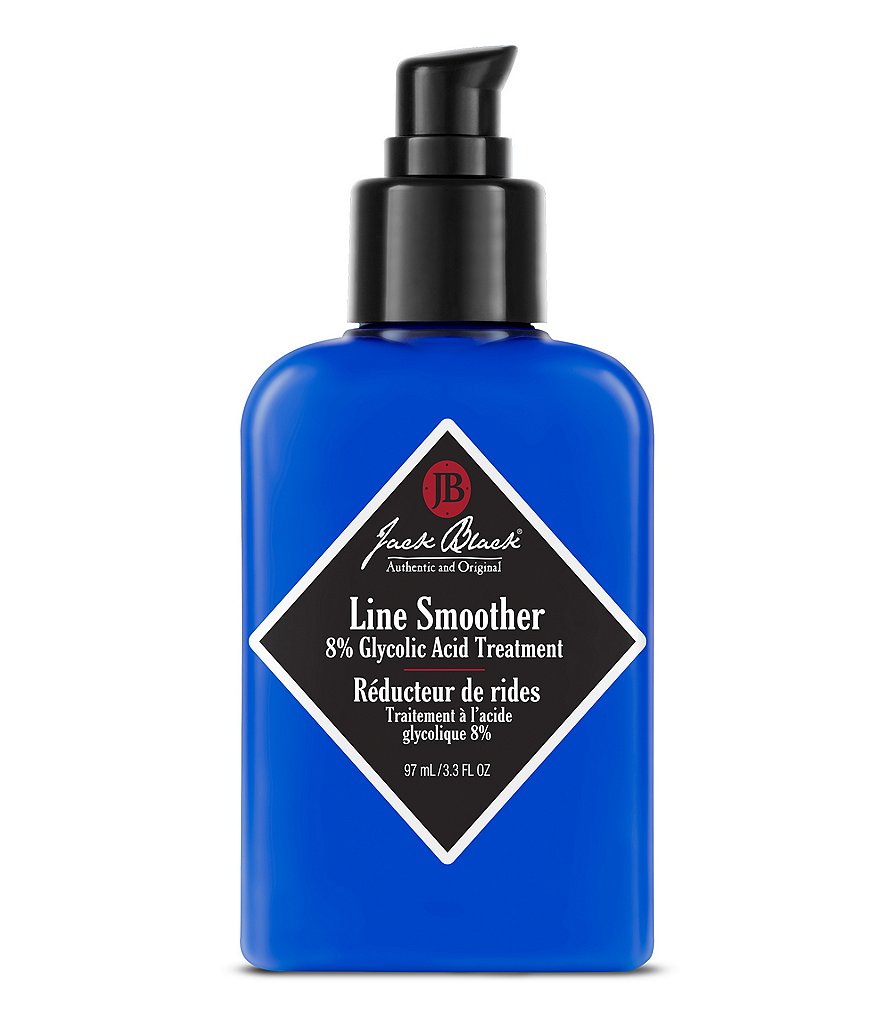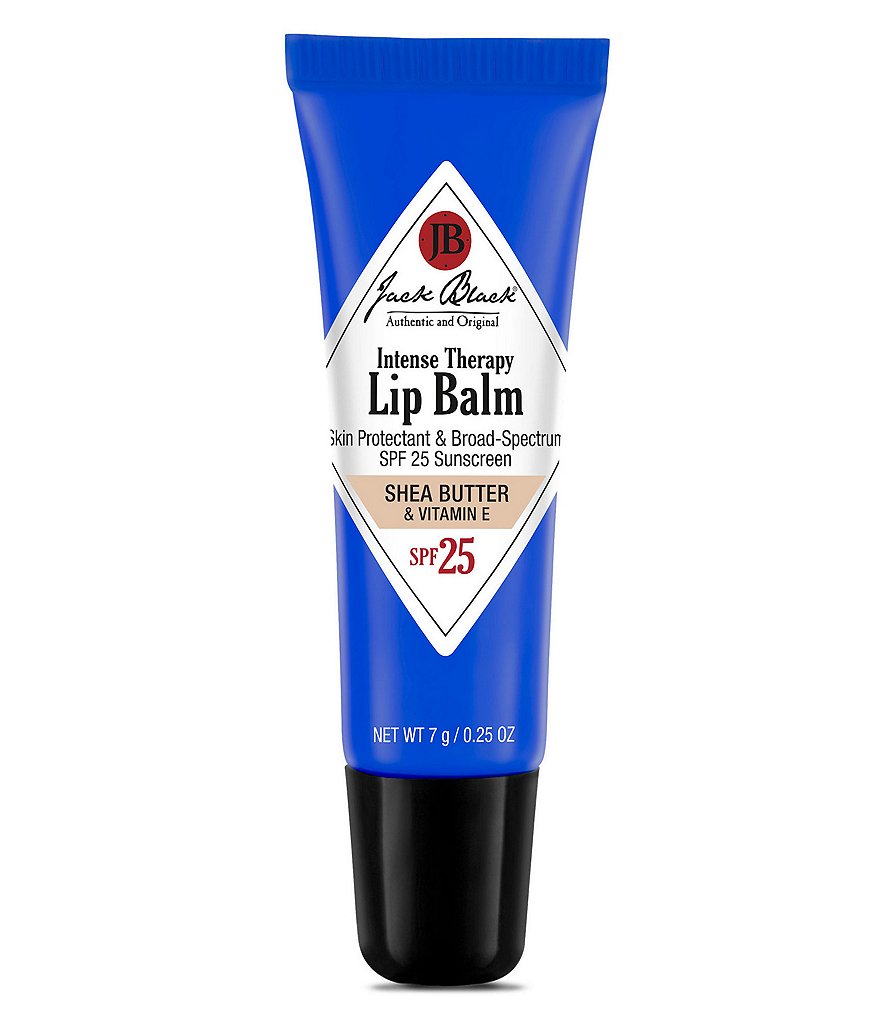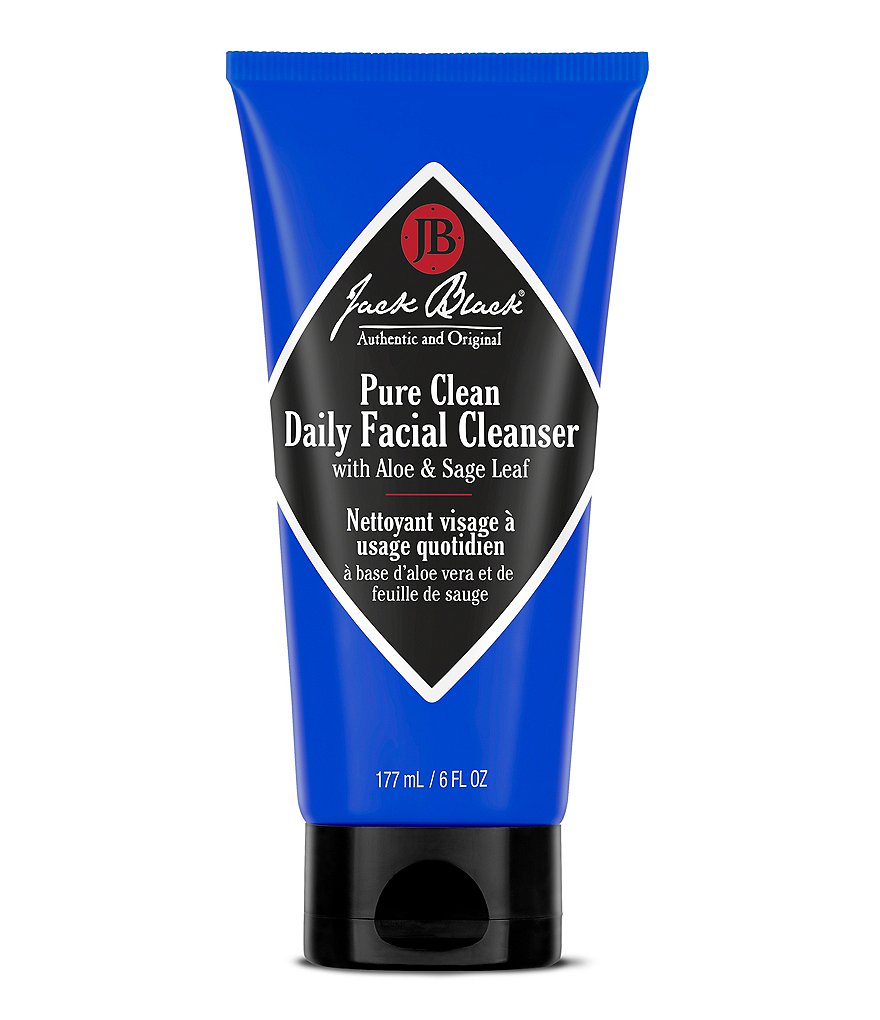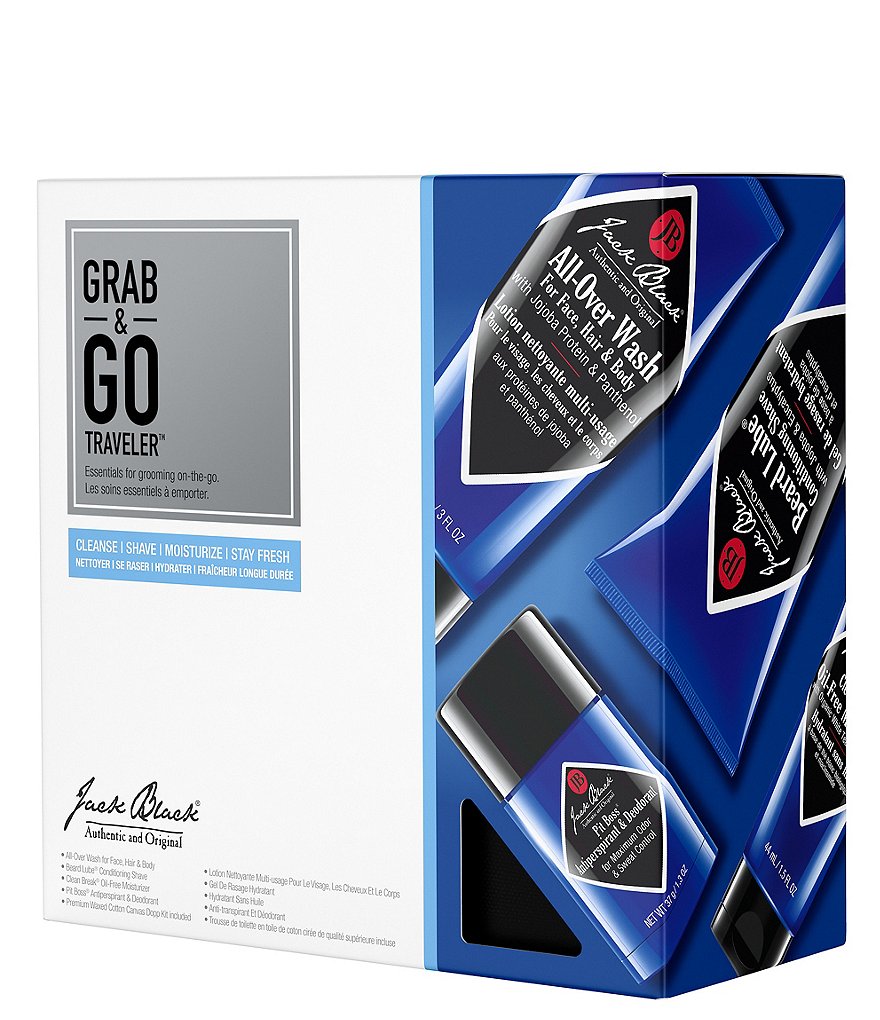Trusted shipping
Easy returns
Secure shopping
Buy 1265013 Color Duct Tape Single Roll 188 Inches x 20 Yards Black in United States - Cartnear.com
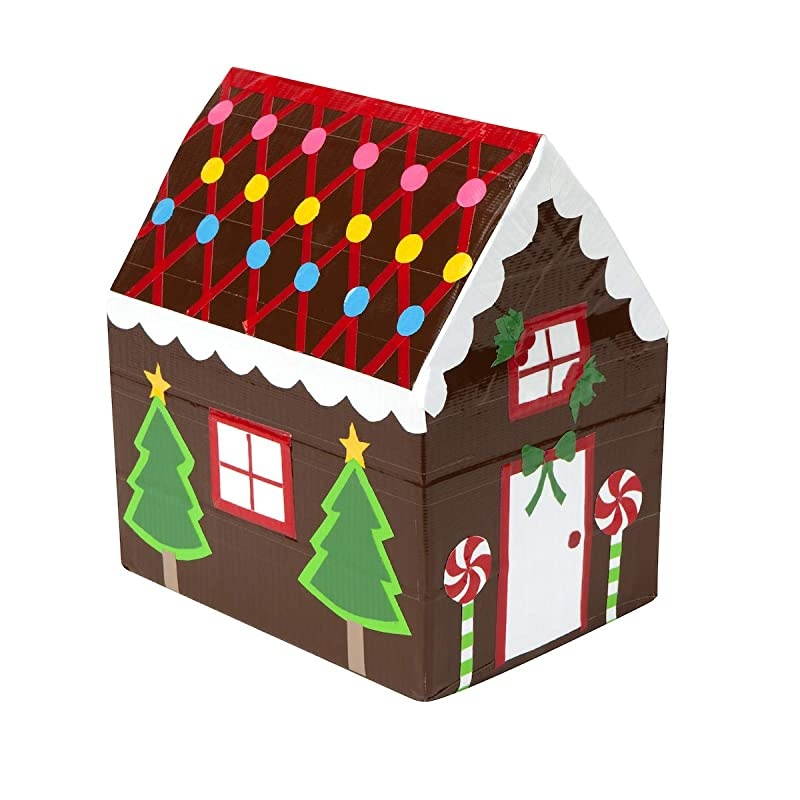
1265013 Color Duct Tape Single Roll 188 Inches x 20 Yards Black
CTNR1568214 CTNR1568214Jack Black
2027-01-29
/itm/1265013-color-duct-tape-single-roll-188-inches-x-20-yards-black-1568214
USD
12.68
$ 12.68 $ 12.94 2% Off
Item Added to Cart
customer
*Product availability is subject to suppliers inventory
SHIPPING ALL OVER UNITED STATES
100% MONEY BACK GUARANTEE
EASY 30 DAYSRETURNS & REFUNDS
24/7 CUSTOMER SUPPORT
TRUSTED AND SAFE WEBSITE
100% SECURE CHECKOUT
Size: 20 Yards |
Color: Black Almost everyone has a Tape story to tell, usually praising its remarkable strength and versatility. Brand duct tape has a wide range of applications, both traditional and nontraditional, and is now available in dozens of colors and patterns, making it even more useful than ever! Because of its strength and adhesive properties, you can use Color Tape for almost any job, including everyday household and auto repairs--anywhere a flexible and weather-proof bond is needed. Great for temporary indoor floor marking and removes cleanly from most surfaces up to 3 weeks. Not recommended for hardwood floors or in direct sunlight. Color Tape is great for coordinating materials, color-coding and identification, craft applications, and more. This heavy duty tape is cotton mesh reinforced, but still easy to tear! Tape conforms to both smooth and uneven surfaces, and can be used on materials such as cloth, vinyl, leather and plastic - even metal and laminates. Tape is great for any repairs - anywhere! Tape Rose Tape Wallet Tape Book Cover Tape Fabric Duct tape - it's America's favorite fix-all.
From industrial strength to general purpose, and classic gray to groovy tie-dye, brand duct tape comes in all shapes, strengths, and colors. Create durable and wildly creative arts and crafts projects with Tape Excellent for coordinating repairs, color-coding materials, fashion, crafting, and imaginative projects High performance strength and adhesion characteristics Tears easily by hand without curling and conforms to uneven surfaces Tape Can Be Fun You can use Tape for fun, durable and wildly creative arts and crafts project. Choose from a broad variety of vivid colors or wild Tape prints. Try a Tape Wallet, or Flower, or even go all out and join students across America making Tape prom dresses. Click a project on the left for instructions. The History of Tape Duct tape has adhered itself so well to American culture that it's become much more than a roll of tape. It's an enduring symbol of all in this world that is functional. So how did this sticky wonder come about? It was World War II and there was a need for a strong, flexible, durable, waterproof tape that could seal canisters, repair cracked windows, repair trucks, and help the war effort in general.
Permacell, a division of the Johnson and Johnson Company, stepped up to this challenge. Using medical tape as a base, they applied two new technologies. Polycoat adhesives gave the tape its unshakable stick and polyethylene coating allowed them to laminate the tape to a cloth backing, making it extremely strong and flexible. The resulting tape was nicknamed " Tape" for its ability to repel water, while ripping easily into strips for fast convenient use. After the war the tape was put to the more civilian use of holding ducts together. So the product changed from a nameless army green tape to the familiar gray duct tape. Choose from a broad variety of vivid colors or wild Tape prints Thirty years later, Jack Kahl, former CEO of Manco, Inc., changed the name of the product to Tape and put ‘Manco T. ’ on the Tape logo, giving personality to a commodity product. Manco, Inc. also began to shrink-wrap and label the product, making it easier to stack for retailers, and easier to distinguish different grades for customers.
Now, over 50 years after its invention, tape is sold in more than 20 colors and is touted by its followers for having a nearly endless amount of uses. What will happen to Tape? What advancements in Tape technology will be made? Only time will tell. Preparing Surfaces to Use Tape When using Tape, whether the traditional silver or one of the rainbow of color tapes, all surfaces should be clean and free of dust or dirt before placing any tape on them. You will want to dust the surface and then wipe the area down with rubbing alcohol. However, rubbing alcohol can dull certain surfaces, so try it on a small, inconspicuous area before applying on a larg
Color: Black Almost everyone has a Tape story to tell, usually praising its remarkable strength and versatility. Brand duct tape has a wide range of applications, both traditional and nontraditional, and is now available in dozens of colors and patterns, making it even more useful than ever! Because of its strength and adhesive properties, you can use Color Tape for almost any job, including everyday household and auto repairs--anywhere a flexible and weather-proof bond is needed. Great for temporary indoor floor marking and removes cleanly from most surfaces up to 3 weeks. Not recommended for hardwood floors or in direct sunlight. Color Tape is great for coordinating materials, color-coding and identification, craft applications, and more. This heavy duty tape is cotton mesh reinforced, but still easy to tear! Tape conforms to both smooth and uneven surfaces, and can be used on materials such as cloth, vinyl, leather and plastic - even metal and laminates. Tape is great for any repairs - anywhere! Tape Rose Tape Wallet Tape Book Cover Tape Fabric Duct tape - it's America's favorite fix-all.
From industrial strength to general purpose, and classic gray to groovy tie-dye, brand duct tape comes in all shapes, strengths, and colors. Create durable and wildly creative arts and crafts projects with Tape Excellent for coordinating repairs, color-coding materials, fashion, crafting, and imaginative projects High performance strength and adhesion characteristics Tears easily by hand without curling and conforms to uneven surfaces Tape Can Be Fun You can use Tape for fun, durable and wildly creative arts and crafts project. Choose from a broad variety of vivid colors or wild Tape prints. Try a Tape Wallet, or Flower, or even go all out and join students across America making Tape prom dresses. Click a project on the left for instructions. The History of Tape Duct tape has adhered itself so well to American culture that it's become much more than a roll of tape. It's an enduring symbol of all in this world that is functional. So how did this sticky wonder come about? It was World War II and there was a need for a strong, flexible, durable, waterproof tape that could seal canisters, repair cracked windows, repair trucks, and help the war effort in general.
Permacell, a division of the Johnson and Johnson Company, stepped up to this challenge. Using medical tape as a base, they applied two new technologies. Polycoat adhesives gave the tape its unshakable stick and polyethylene coating allowed them to laminate the tape to a cloth backing, making it extremely strong and flexible. The resulting tape was nicknamed " Tape" for its ability to repel water, while ripping easily into strips for fast convenient use. After the war the tape was put to the more civilian use of holding ducts together. So the product changed from a nameless army green tape to the familiar gray duct tape. Choose from a broad variety of vivid colors or wild Tape prints Thirty years later, Jack Kahl, former CEO of Manco, Inc., changed the name of the product to Tape and put ‘Manco T. ’ on the Tape logo, giving personality to a commodity product. Manco, Inc. also began to shrink-wrap and label the product, making it easier to stack for retailers, and easier to distinguish different grades for customers.
Now, over 50 years after its invention, tape is sold in more than 20 colors and is touted by its followers for having a nearly endless amount of uses. What will happen to Tape? What advancements in Tape technology will be made? Only time will tell. Preparing Surfaces to Use Tape When using Tape, whether the traditional silver or one of the rainbow of color tapes, all surfaces should be clean and free of dust or dirt before placing any tape on them. You will want to dust the surface and then wipe the area down with rubbing alcohol. However, rubbing alcohol can dull certain surfaces, so try it on a small, inconspicuous area before applying on a larg

